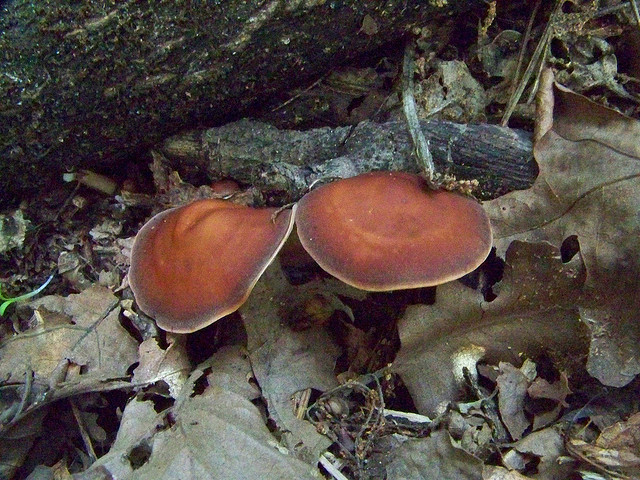In Chapter 2 of Why Materialism Is Baloney, I illustrate a broad pattern associating procedures that reduce brain activity with expanded consciousness. These include hyperventilation, meditation, ordeals, gravity-induced loss of consciousness, strangulation, cardiac arrest, brain damage, and even psychedelics.
Indeed, a 2012 paper by Carhart-Harris et al. has showed that psychedelics only reduce neural activity, with no increases anywhere in the brain. This is counter-intuitive from a materialist perspective since, according to materialism, consciousness is brain activity (a totally inactive brain is, after all, a dead and unconscious brain under materialism). Recently, however, an inaccurate and misleading media report on a more recent paper by the same team has claimed that the researchers have now “found increased activity in regions of the brain that are known to be activated during dreaming.” This, if it were true, would contradict the conclusions of the earlier study. However, it is simply false. In this article, I want to clarify this.
OK, now on to the key point. I have taken the time to read through the actual scientific paper published recently, as opposed to the science media digest. And the paper is very clear. Here is a key passage (p. 2):
(The italics are mine.)
The new study in no way contradicts the earlier findings. As far as I can see from all this material, it stands that psilocybinonly decreases neural activity. It doesn’t increase it anywhere in the brain. The new study simply finds that the levels of activity, although either unchanged or reduced when compared to the baseline state, vary more over time in brain areas associated with dreaming. That’s it.
Is the increase of variability relevant for understanding how psychedelics work? Of course. The study in question argues cogently for it. Do the new results make the original results more consistent with materialism? Certainly not. Materialism states that a fully-inactive brain is fully unconscious. Therefore, there is an undeniable dependency between brain activity and consciousness under materialism. Granted that this dependency is not as trivial as to say that the more activity there is, the more consciousness there should be. That would be an exceedingly simplistic and naive misinterpretation of materialism. For instance, a brain wherein all neurons were to fire together would be maximally active, yet the amount of information in this hypothetical brain state would be equal to that in a fully inactive brain: that is, precisely zero. I grant this with no discomfort. But results showing an increase in global variability in large brain areas, consisting of millions of neurons, do not mean that there is more information in these brain areas. For instance, the graph to the left, in the figure above, could easily represent much more information at the microscopic, neuronal level than the graph to the right, provided that it is different sets of neurons that are firing at each moment. In fact, short of exceedingly high levels of activity wherein more than half the available neurons are firing, the more active a certain brain region is, the higher the chance that more information will be present.
For the reasons I summarized in the 6-point argument in an earlier reply to Steven Novella, results showing a tight correlation between decreased overall brain activity and unfathomably expanded awareness and cognitive function remain, and will always remain, highly problematic for materialism. Whichever way a materialist twists the observations to try and fit them into his metaphysics (for instance, with convoluted, ambiguous, obscurantist arguments about the interplay between excitatory and inhibitory brain activity, which I discuss at length in my book), the bottom line is exceedingly simple: under materialism, consciousness is brain activity. When one finds substantially more consciousness correlating consistently with substantiallyless brain activity, one is forced to contemplate the possibility that the brain is somehow associated with filtering, constraining, or localizing consciousness, instead of generating it.














